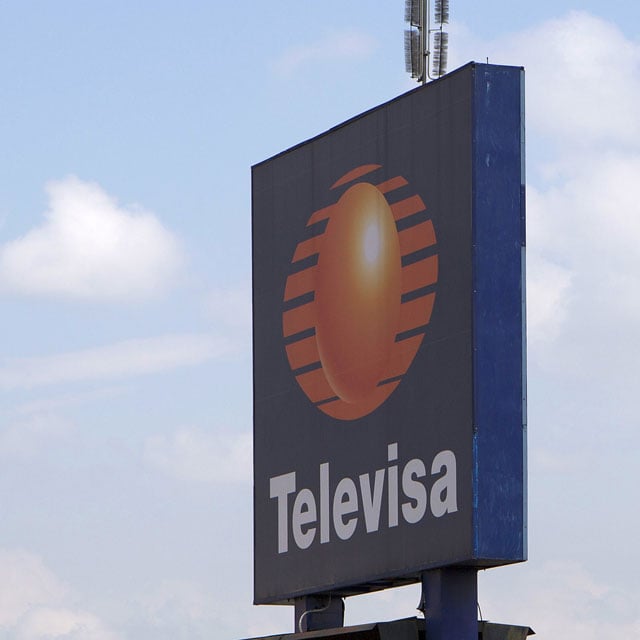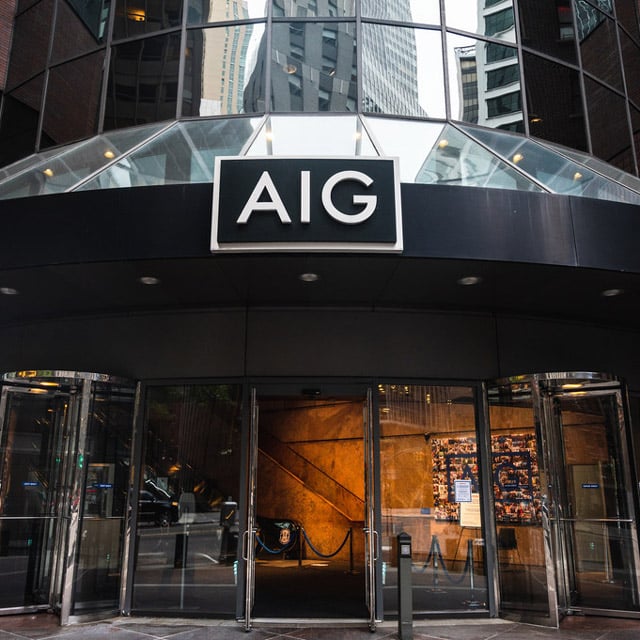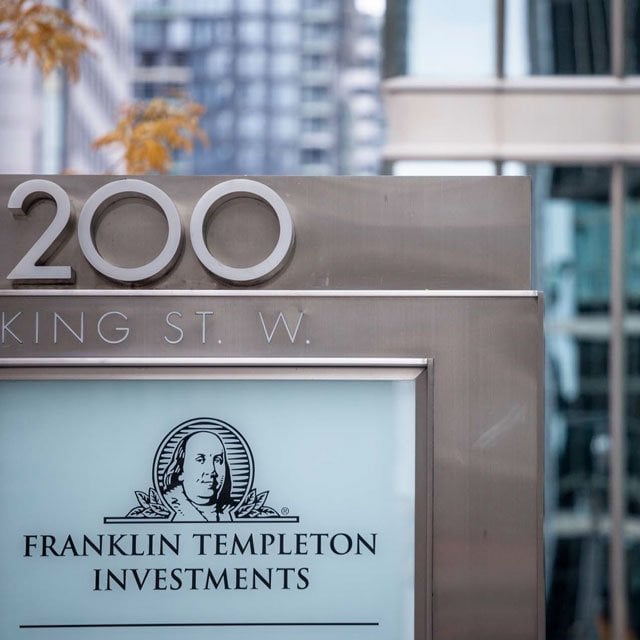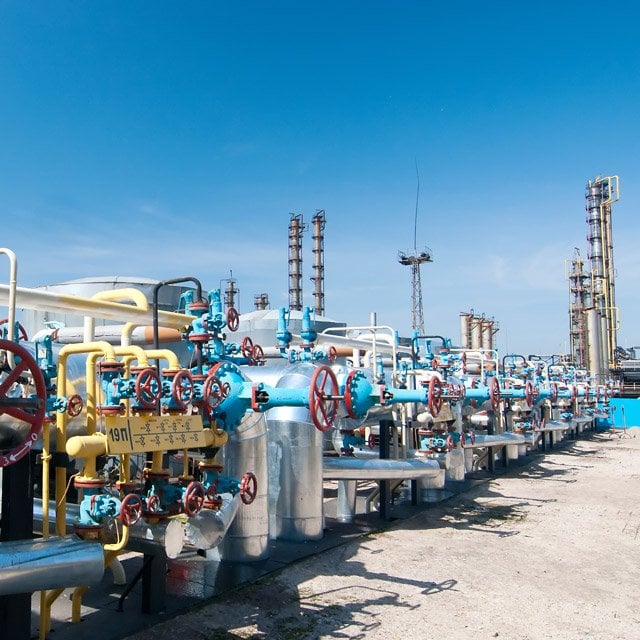Some U.S. stocks create shareholder wealth; others erode it.
In a blog post last week, Amy Arnott, a portfolio strategist for Morningstar Research Services, focuses on the stinkers, the stocks that have destroyed the most shareholder wealth over the past decade.
Arnott started by sorting through Morningstar’s U.S. equity database to find companies with the largest drops in market capitalization, which reflects the current stock price multiplied by total shares outstanding, from 2014 through 2023.
For a more accurate picture of wealth destruction, she added back the total value of dividends paid and stock spinoffs, which partially offset the market-cap declines.
As a group, the 15 worst wealth destroyers on her list wiped out an estimated $281.2 billion in shareholder wealth over the past 10 years — far less than the estimated $15.9 trillion in wealth created by the top 15 stocks on the positive side.
Arnott noted that several factors account for this vast difference. One, companies with outstanding financial results and share-price performance can continue to outshine their competitors over many years.
Two, although the odds of experiencing a loss in any individual stock are relatively high, value destruction can be somewhat limited if a stock never reached a large market cap to begin with. Some of the 15 wealth-destroying companies are large-cap stocks that once dominated their industries.
The remaining ones are a motley assortment of industries, sectors and underlying problems, and many have a common thread: They lack an economic moat, or sustainable competitive advantage. Ten of the companies on the list have no economic moat, and three others have narrow economic moats.
Another common factor among these value destroyers is deteriorating fundamentals, according to Arnott. Most suffered declining revenue and operating income over the past decade. Three have also reported declines in free cash flow. Investors responded to these worsening metrics by bidding down the stock prices, Arnott said.
See the accompanying gallery for the top 15 value-destroying stocks of the past 10 years. All data are as of Dec. 31.







 April 19, 2024 at 11:32 AM
April 19, 2024 at 11:32 AM



























 Slideshow
Slideshow





